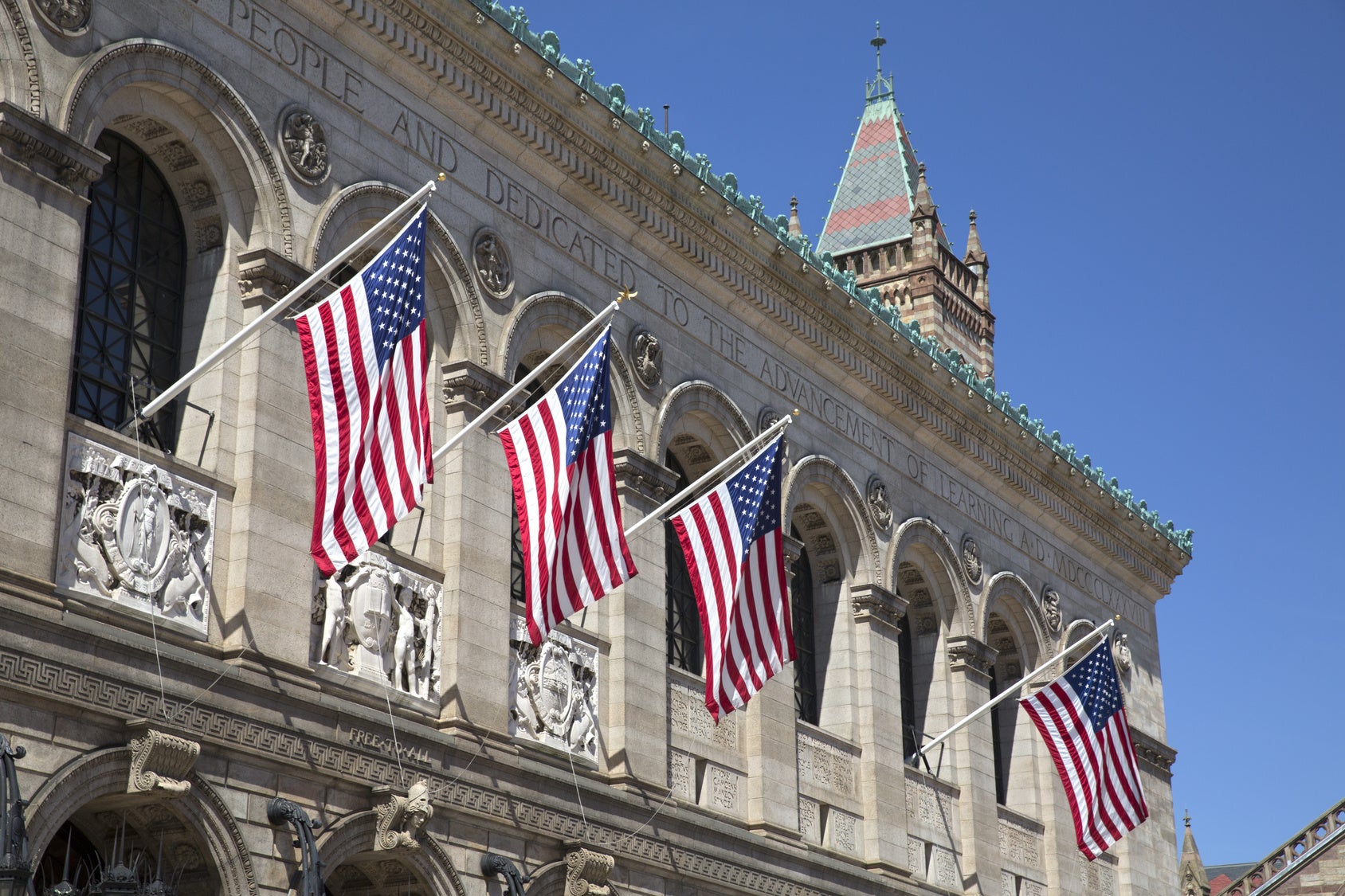On July 15, 2019, U.S. President Donald Trump signed an executive order raising the minimum threshold of American-made components required in order to be eligible for federal projects.
Buy American Act Requirements
Under the Buy American Act, companies supplying goods to federal agencies must ensure a percentage of those goods are made in the U.S. with domestically-sourced material. The order increased the required threshold from 50 percent to 75 percent. For goods using iron or steel, 95 percent of those metals must be supplied from the U.S.
Coming into force on January 11, 2020, businesses competing for lucrative government contracts must ensure their goods meet the new threshold, or risk disqualification from the bidding processes. Companies that win contracts must also be prepared to produce evidence of country of origin due diligence for sourced components and materials.
Learn how the Assent Compliance Platform can help you source your products with our Country of Origin guide.
Penalties for Buy American Act Non-Compliance
The U.S. awards hundreds of billions of dollars worth of contracts every year, creating a large, highly competitive market. Companies that win contracts but fail to adhere to the requirements outlined in the act face a number of penalties, including:
- Fines.
- Debarment from future government contracting opportunities.
- Termination of existing contracts.
- Mandatory replacement of non-compliant materials.
- Reputational harm.
In 2016, a Wisconsin-based architectural firm pled guilty to charges under the False Claims Act after it was found they were concealing the use of foreign-made materials in federal construction projects. The company paid a $3 million USD fine, and the firm was banned from bidding on future government projects.
It is the responsibility of prime contractors to ensure their subcontractors are compliant.
Buy American Certificates
Some contracts, such as those for the acquisition of supplies, require a Buy American certificate. The certificate is an attestation that each end product, barring those listed in the certificate, is a product of the U.S. Non-domestically sourced end products are listed on the certificate along with their country of origin. These claims should be supported by due diligence into the origin of supplied goods and are legally binding.
Construction contracts are not required to submit a certificate, however, contractors are obligated to submit a waiver at the time of offer submission. They must provide sufficient data for the government to evaluate their submission. Agencies are empowered to challenge a contractor’s submission when they have reason to believe the source of end products has been misrepresented.
More Scrutiny for Buy American Requirements
Initially signed in 1933, the Buy American Act applies to articles, materials, and supplies made for public use. An earlier executive order issued in 2017 required all agencies to assess their compliance with the Buy American Act and related legislation. While the order did not change the law, it signaled a shift toward greater scrutiny and enforcement of existing sourcing regulations and policy.
In past iterations of the act, allegations of non-compliance generally came from competing businesses or whistleblowers; however, the government also monitors activity. This means businesses that win contracts should be prepared to prove the country of origin of their products.
Buy American Act Vs. Buy America Act
Numerous pieces of legislation place requirements on companies to source domestically or from allies. The Buy America Act is a set of requirements related to transportation projects, generally at the local and state levels. Buy America prevents government agencies from releasing funds for these projects unless “the steel, iron, and manufactured goods used in the project are produced in the United States.”
For Buy America compliance, 100 percent of manufactured goods must be sourced from the U.S. and more than 70 percent of rolling stock (e.g. train control, communications, and other related equipment).
Product Composition
The percentage cost of a manufactured product determines its compliance with the Buy American Act, as the total cost of components not sourced from the U.S. must not exceed 25 percent of the total product value. As a result, companies producing manufactured goods for government contracts must prove the overall composition of a product is compliant by presenting country of origin information down to the part level.
Certain exemptions allow for the procurement of goods from countries that signed a free trade agreement with the U.S.
How Assent Can Help
Part of the Assent Compliance Platform, the Trade Classification & Origin Module helps companies comply with the Buy American Act requirements by automating data collection for country of origin information, product-level percentage content data and product classifications. To learn more, contact our experts.










